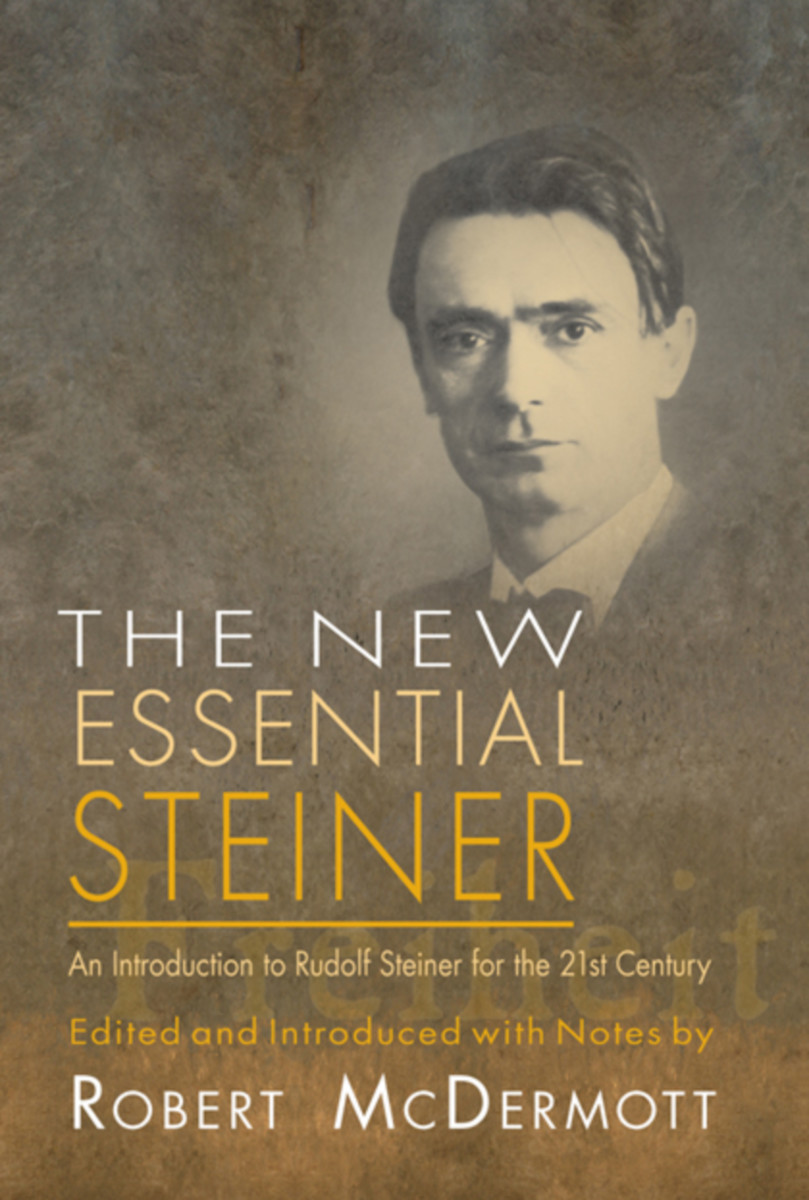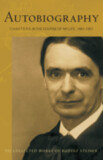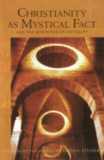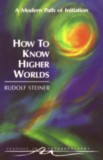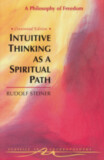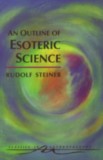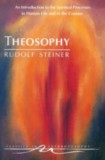The New Essential Steiner
An Introduction to Rudolf Steiner for the 21st Century
- Publisher
Lindisfarne Books - Published
20th November 2009 - ISBN 9781584200567
- Language English
- Pages 336 pp.
“Rudolf Steiner was in fact not merely a phenomenally educated and articulate philosopher but also a Man of Destiny.... By comparison, not only with his contemporaries but with the general history of the Western mind, his stature is almost too excessive to be borne.” —Owen Barfield
The New Essential Steiner is an illuminating, completely new introduction to the philosophy and essential writings of Rudolf Steiner, introduced and edited by Robert McDermott, who also edited the now-classic Essential Steiner. This new volume offers selections from a wide variety of Steiner’s published works, presenting a broad, accessible overview of Anthroposophy.
In his introduction, McDermott recounts Steiner’s life and work, from his childhood and education to his work as a natural scientist, philosopher, scholar, educator, artist, interpreter of culture, and seer. He places Steiner in relation to major traditions of thought and explores the genesis and development of Anthroposophy.
Although Rudolf Steiner is considered by many to be the greatest spiritual seer and philosophical thinker of the twentieth century and is credited with major cultural contributions such as the worldwide Waldorf school movement and the ever-growing biodynamic agricultural movement, he nevertheless remains relatively unknown to both academics and the public. The purpose of this volume is to redress that situation by introducing Steiner's work to a broader audience and making his name more universally recognized.
Includes selections from Steiner’s writings, which are grouped into chapters that demonstrate the breadth of his thinking and spiritual accomplishments.
The New Essential Steiner is an invaluable compendium and introduction to the works that form the foundation of Anthroposophy.
C O N T E N T S:
Introduction
Rudolf Steiner and Anthroposophy
Significant Events in the Life of Rudolf Steiner
Autobiographical Notes: “The Barr Document”
“Introducing Rudolf Steiner” by Owen Barfield
1. Philosophy: Self and World
2. Evolution: Cosmic & Human
3. Anthropos: Body, Soul, and Spirit
4. Spiritual Intelligence
5. Christ and Other Exalted Beings
6. Reincarnation, Karma, and the Dead
7. Arts
8. Society
9. Education
10. Psychology
11. Health and Healing
12. Gaia and the Future
A Guide to Further Reading
Index
Rudolf Steiner
Rudolf Steiner (b. Rudolf Joseph Lorenz Steiner, 1861–1925) was born in the small village of Kraljevec, Austro-Hungarian Empire (now in Croatia), where he grew up. As a young man, he lived in Weimar and Berlin, where he became a well-published scientific, literary, and philosophical scholar, known especially for his work with Goethe’s scientific writings. Steiner termed his spiritual philosophy anthroposophy, meaning “wisdom of the human being.” As an exceptionally developed seer, he based his work on direct knowledge and perception of spiritual dimensions. He initiated a modern, universal “spiritual science” that is accessible to anyone willing to exercise clear and unbiased thinking. From his spiritual investigations, Steiner provided suggestions for the renewal of numerous activities, including education (general and for special needs), agriculture, medicine, economics, architecture, science, philosophy, Christianity, and the arts. There are currently thousands of schools, clinics, farms, and initiatives in other fields that involve practical work based on the principles Steiner developed. His many published works feature his research into the spiritual nature of human beings, the evolution of the world and humanity, and methods for personal development. He wrote some thirty books and delivered more than six thousand lectures throughout much of Europe. In 1924, Steiner founded the General Anthroposophical Society, which today has branches around the world.


